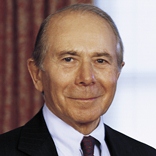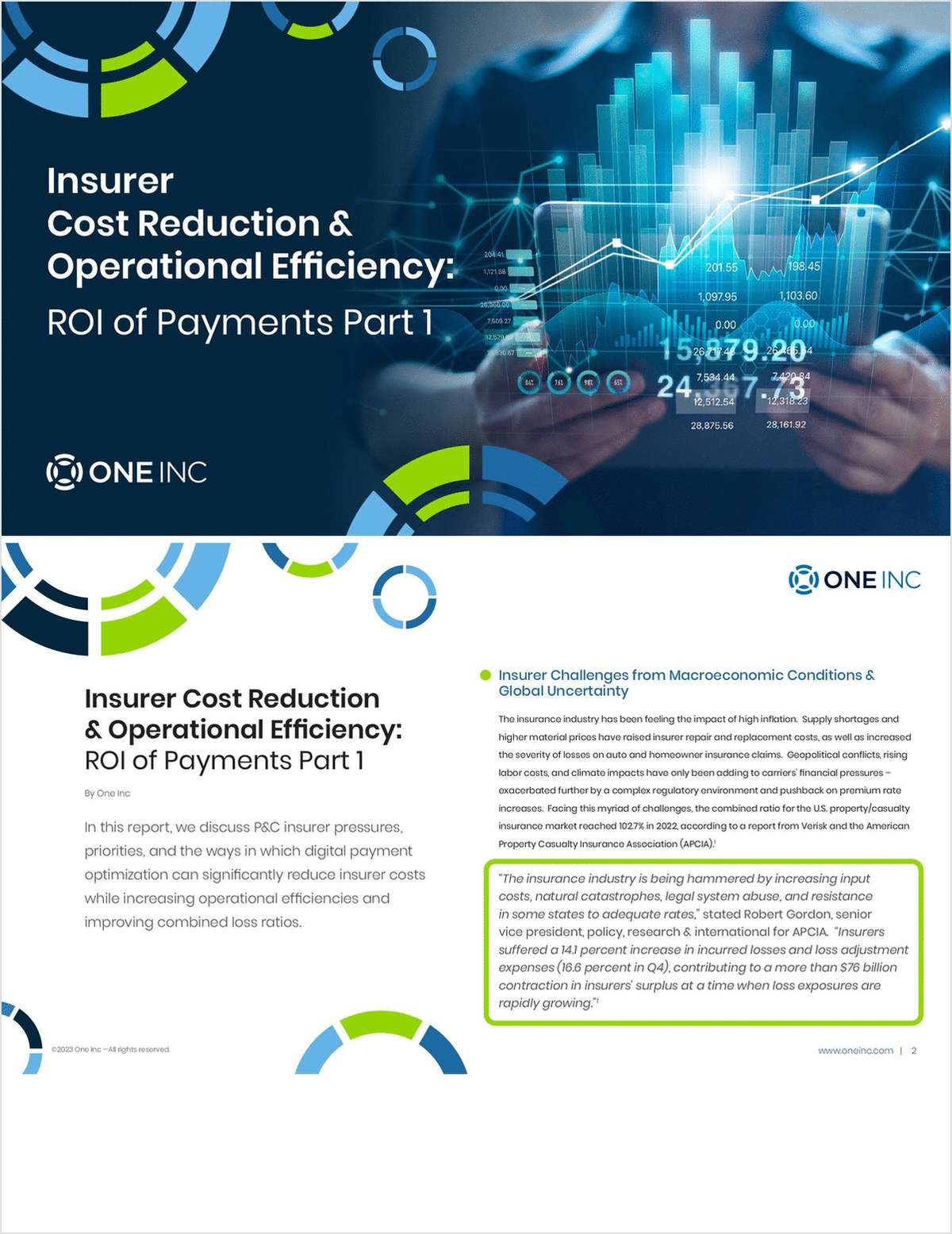 (Bloomberg) — Former American International Group Inc. Chairman Maurice Greenberg lost his bid for a jury trial in a nine-year-old accounting fraud lawsuit brought by New York's attorney general. New York State Supreme Court Justice Charles Ramos today granted a motion by the attorney general's office to reject Greenberg's demand for a jury. The attorney general had argued that state law precludes jury trials in cases where damages aren't being sought, while lawyers for Greenberg and former AIG Chief Financial Officer Howard Smith said that seeking to have them repay past compensation entitles them to jurors. Greenberg, 88, has squared off against three New York attorneys general in his fight to defeat the lawsuit, which was originally filed by Eliot Spitzer in 2005. Spitzer's pursuit of the case forced Greenberg to step down from AIG in 2005 after four decades at the helm. Greenberg has argued that the suit should be thrown out following the approval of a $115 million settlement that resolved claims in a class action against him and Smith by AIG investors, as the attorney general's office is no longer pursuing claims for damages in its case.
(Bloomberg) — Former American International Group Inc. Chairman Maurice Greenberg lost his bid for a jury trial in a nine-year-old accounting fraud lawsuit brought by New York's attorney general. New York State Supreme Court Justice Charles Ramos today granted a motion by the attorney general's office to reject Greenberg's demand for a jury. The attorney general had argued that state law precludes jury trials in cases where damages aren't being sought, while lawyers for Greenberg and former AIG Chief Financial Officer Howard Smith said that seeking to have them repay past compensation entitles them to jurors. Greenberg, 88, has squared off against three New York attorneys general in his fight to defeat the lawsuit, which was originally filed by Eliot Spitzer in 2005. Spitzer's pursuit of the case forced Greenberg to step down from AIG in 2005 after four decades at the helm. Greenberg has argued that the suit should be thrown out following the approval of a $115 million settlement that resolved claims in a class action against him and Smith by AIG investors, as the attorney general's office is no longer pursuing claims for damages in its case.Ban SoughtThe New York Court of Appeals ruled last year that the attorney general's office can continue the case, which seeks to ban Greenberg and Smith from the securities industry and from serving as officers or directors of a public company. An intermediate appellate panel in February denied a bid to remove Ramos from the suit. Spitzer sued Greenberg and Smith under the Martin Act, a 1921 state law that allows the attorney general to probe a wide range of financial wrongdoing including Ponzi schemes and investment fraud. Eric Schneiderman, the current attorney general, is continuing the litigation. The case stems from two reinsurance transactions that the state alleges were approved by Greenberg and Smith to conceal negative financial results. One was a deal with Berkshire Hathaway Inc.'s General Reinsurance Corp. used to reverse a decline in loss reserves at AIG.
Steps DownGreenberg stepped down as CEO of AIG, which he had led since 1967, in March 2005, the same month the New York-based insurer said the transaction with Gen Re was improper. AIG restated its earnings, lowering them by $3.4 billion, and paid $1.6 billion to settle claims by regulators. Spitzer sued Greenberg and Smith two months later. The fraud cost AIG shareholders $544 million to $597 million, according to a federal judge who presided over a criminal trial in Hartford, Connecticut. Four former Gen Re executives and one from AIG were convicted in 2008 at that trial. In 2011, they won reversal of their convictions. In 2012, prosecutors agreed to drop charges under deferred-prosecution agreements, and the executives admitted "aspects" of the deal were fraudulent. Dawn Schneider, a spokeswoman for Boies, Schiller & Flexner LLP, which is representing Greenberg, declined to comment on the ruling in an e-mail. "We're pleased that Justice Ramos struck the jury demand, and we look forward to proceeding to trial once the motion for summary judgment is decided," a Matt Mittenthal, a spokesman for the attorney general, said in an e-mail. The case is State of New York v. Greenberg, 401720-2005, New York State Supreme Court, New York County (Manhattan).
–With assistance from Christie Smythe in Brooklyn, New York,.
Want to continue reading?
Become a Free PropertyCasualty360 Digital Reader
Your access to unlimited PropertyCasualty360 content isn’t changing.
Once you are an ALM digital member, you’ll receive:
- Breaking insurance news and analysis, on-site and via our newsletters and custom alerts
- Weekly Insurance Speak podcast featuring exclusive interviews with industry leaders
- Educational webcasts, white papers, and ebooks from industry thought leaders
- Critical converage of the employee benefits and financial advisory markets on our other ALM sites, BenefitsPRO and ThinkAdvisor
Already have an account? Sign In Now
© 2024 ALM Global, LLC, All Rights Reserved. Request academic re-use from www.copyright.com. All other uses, submit a request to [email protected]. For more information visit Asset & Logo Licensing.








